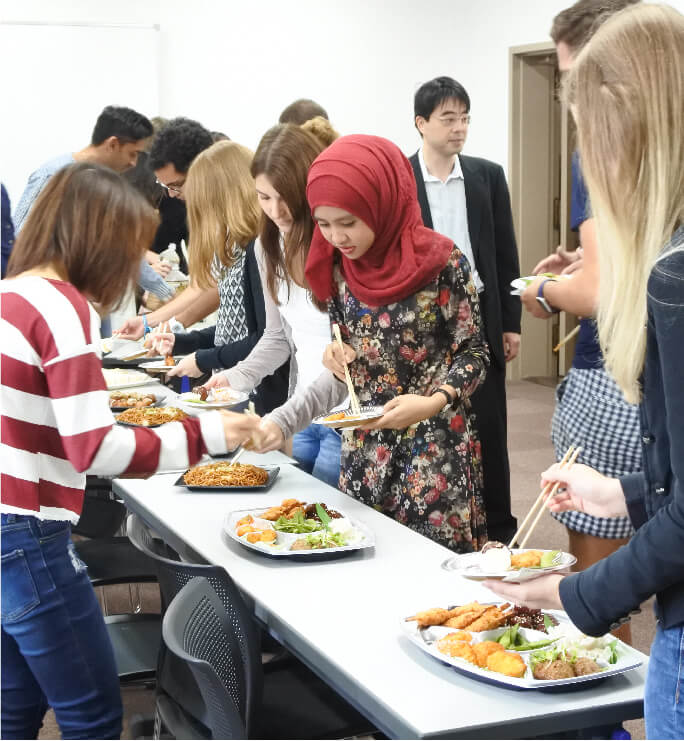international academic experts
Through these partnerships, we infuse an international perspective into our coursework, ensuring our curricula align with the latest developments and global business best practices. By incorporating diverse viewpoints and expertise from these esteemed scholars from various universities, we offer a truly comprehensive and multidimensional learning experience. The guest instructors we bring to you are from a range of universities, adding richness and depth to your education. A snapshot of details for each field can be found below, and please note that the course and invited scholars can vary from year to year.

- International Business Field
- Entrepreneurship & Finance Field
- Sustainable Development & Public Policy Field
Overseas Professors
- Vanderbilt University (USA)
- King’s College London (GBR)
- Vienna University of Economics and Business (AUT)
- University of Leeds (GBR)
- University of Göttingen (DEU)
Overseas Professors
- Harvard Business School (USA)
- Stanford University (USA)
- Florida Atlantic University (USA)
- Universität Mannheim (DEU)
- Loughborough University (GBR)
Overseas Professors
- Vanderbilt University (USA)
- King’s College London (GBR)
- Vienna University of Economics and Business (AUT)
- University of Leeds (GBR)
- University of Göttingen (DEU)
